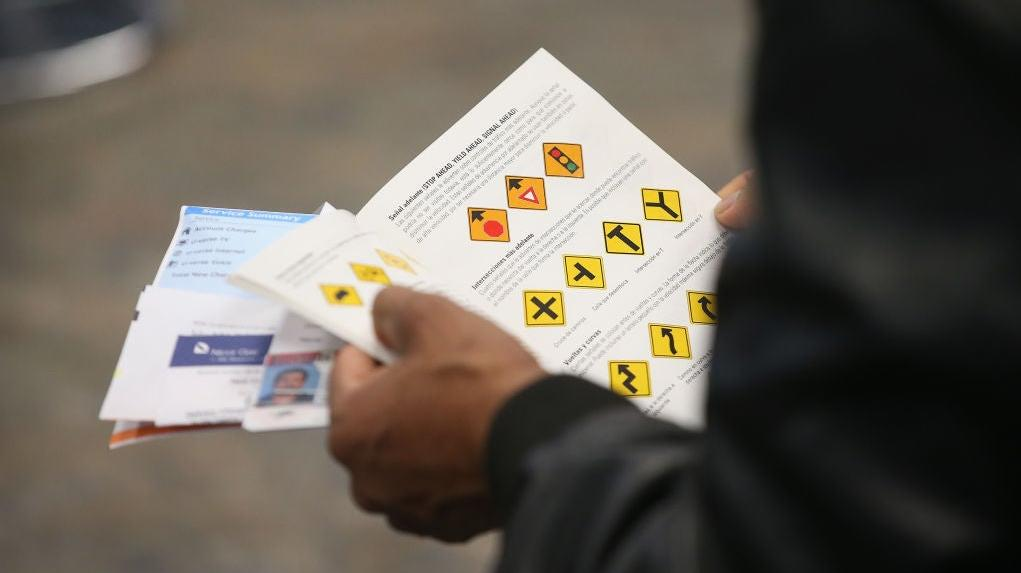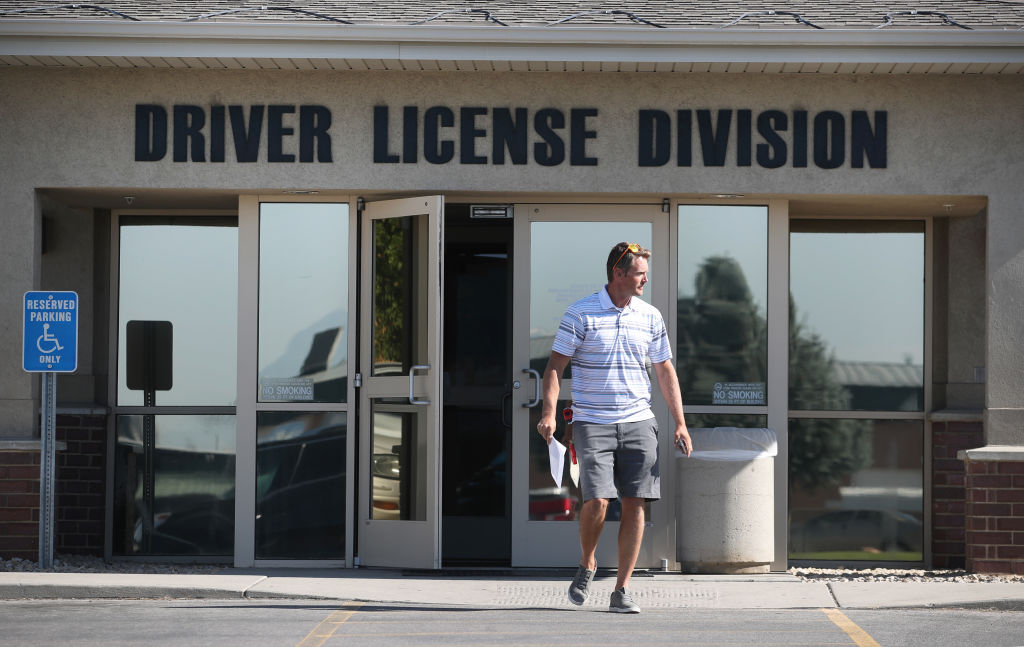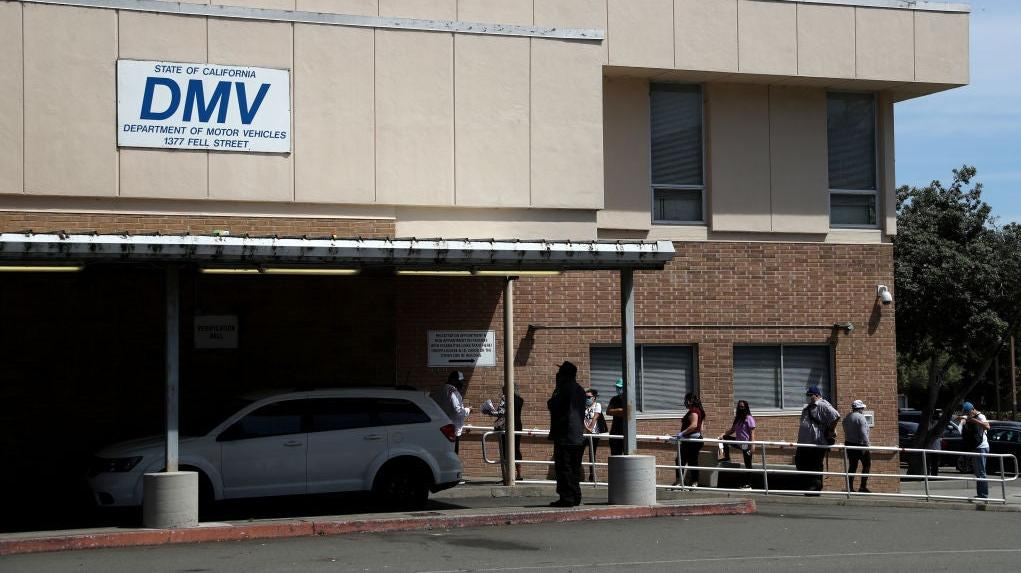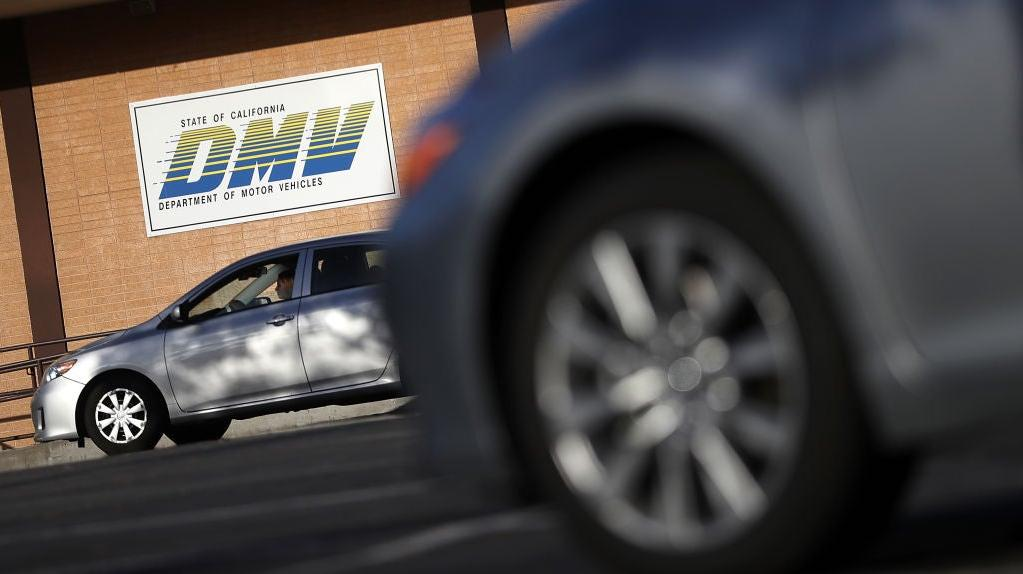Your Driver's License Has Nothing To Do With Safety
There is almost no evidence supporting a link between your DL and how safe you are behind the wheel
I can't parallel park as good as I think I can. I'll just tell you that now, because it's important I get that out there for the sake of an argument that Jalopnik alumnus, Aaron Gordon, details in a Vice News report. Gordon claims that the driving test as we know it bears little consequence in real-world driving.
He says we should abolish the driving test, or at a minimum, we should rethink the relationship between our licensing practices and driver safety, because there's very little that supports our belief that driving tests in the U.S. produce better, safer drivers. It's a long report, but worth a read and it may surprise you.

My knee-jerk reaction was that Gordon was out of line, but I'm reminded of that silly meme, because I will acknowledge that not everything I do behind the wheel of my car would comply with the highest safety standards.
Gordon admits this, too, as he discusses the tenuous relationship between driving tests and driver safety:
The driver's license is the linchpin of U.S. road safety efforts. The underlying concept of the driver's test is that it weeds out dangerous drivers by granting licenses only to those who have demonstrated they can knowledgeably and safely operate a vehicle. Short of that, it at least requires everyone to learn the necessary skills in order to do so.
Most people understand, at least on a subconscious level, the driving test doesn't really accomplish these things. Nearly all of us have taken one and have also driven like idiots at one time or another.
I think Gordon is largely right, not only because I don't always make my old driving instructors (or insurance co.) proud, but because it's very possible that I would have had to retake my driving test a few times had I tried for my driver's license in, say, New York, instead of Texas.

Parallel parking is nowhere as important in the sprawling landscape of my hometown as it is in the dense streets of NYC. It's very likely that my exploratory curb bumps would have gotten me sent home in NYC aboard public transportation, which highlights how the outcome of American driving tests is closer to arbitrary than standardized, as Gordon claims:
The outcome [...] varies wildly between states, in part because the tests vary wildly between states, even though passing in one state means a person can drive anywhere in the country and, if renewed regularly, applies for the rest of their lives. Each state sets their own licensing requirements and testing standards. A 2011 paper by the National Highway Traffic Safety Administration (NHTSA) provides a comprehensive overview of the rules by state, which doesn't even mention the fact some states "on-road" testing component takes place in the DMV parking lot with some road cones.
Indeed, the results of our driving tests are dependent on so much more than our safe — or unsafe — driving practices, and our skills behind the wheel. What we know and what we do as drivers is not always related. There's a good anecdote in the report about the difference between knowing what to do and what not to do in order to get our licenses. Let's be honest: Some of us would definitely fail the driving test if it had been conducted just this morning during our commute.
It's about time America admitted that it doesn't think it has any bad drivers. We should admit that we take shelter in the all-important DL. We pretend that our driver's licenses absolve us of our failures as drivers, but they don't.

